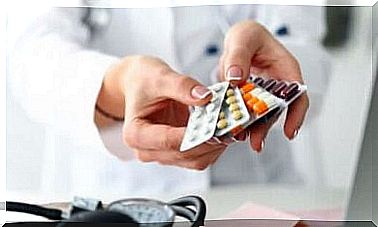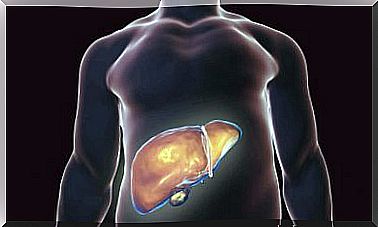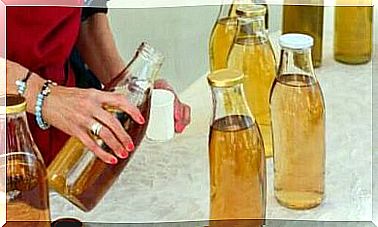Convincing Reasons Why You Shouldn’t Reuse Plastic Bottles

On the other hand, the one thing you shouldn’t reuse is plastic bottles. But that’s something many of us have been doing for years.
If you want to know why you shouldn’t do this, we invite you to read on.
The first thing to keep in mind is that there are several studies done by the National Institute of Environmental Health Sciences.
A study showed that one third of plastic bottles contain carcinogenic and chemical contaminants.
And so many of these contaminate that levels of carcinogens exceeded industry standards.
Plastic bottles can leak dangerous chemicals
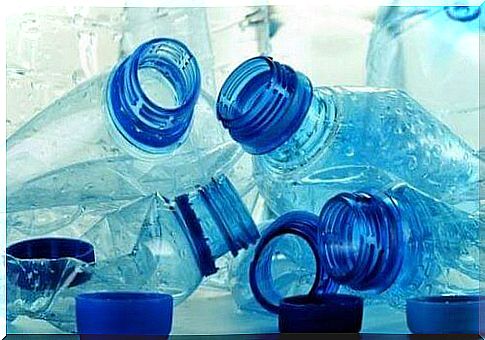
Plastic bottles are not as harmless as you may have thought. And they can even leak dangerous chemicals. That is why it is essential to pay attention to the special symbols that are on the bottom of the bottles.
One of these symbols is a triangle with a number on it indicating the type of plastic used to make the bottle.
- Bottles marked with a “1” (PET) are safe for single use.
If you expose them to heat or the sun, they can release toxic substances into the water.
- If you see it marked with a “3” or a “7”, it stands for PVC or PC. Then be careful because these types of plastic release toxic substances, which can end up in food and water.
These vials can eventually cause various dangerous diseases.
- Reusable bottles are made of polyethylene and are marked with a “2” or a “4”. Plastic bottles made of polypropylene are marked with a “5” and the letters PP.
These bottles are relatively safe if you use them for drinking water and if they are properly disinfected.
Watch out for bacteria
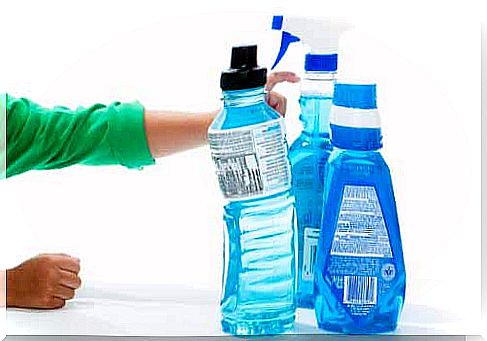
Another aspect to keep in mind when it comes to plastic bottles is the bacteria they may contain.
The amount of bacteria in these vials has often already exceeded the safe standard for your body.
We ourselves are the ones who create the perfect conditions for the growth of microbes. For example, when we grab a plastic bottle with our dirty hands and fill it with water at room temperature.
It is not enough to rinse the bottle. It must be effectively disinfected, but unfortunately it is often forgotten.
Even after washing the bottle , you can get sick or contract hepatitis A.
We cannot emphasize enough that the amount of bacteria found in the vials is enormous.
The caps are full of microbes that can easily enter your mouth. A good way to protect yourself is to use a straw.
Be careful how you store plastic bottles
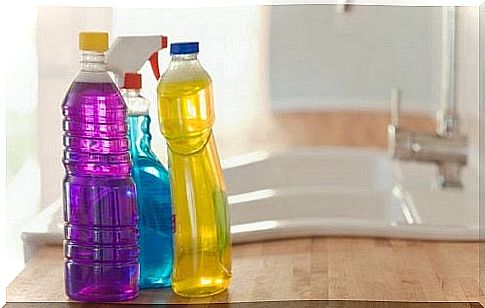
Do not store plastic bottles in too high temperatures.
High temperatures can cause the plastic to release harmful chemicals into your body.
It can also be dangerous to keep water in the garage exposed to exhaust fumes, pesticides and other chemicals that can affect the taste and smell of the water.
They can release antimony to the water
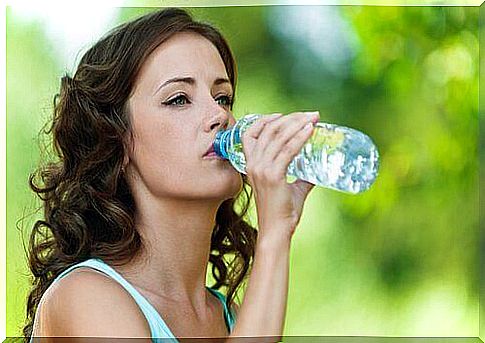
Antimony is a toxic material often used to make plastic bottles. So the longer you keep the bottle, the more antimony it can release.
Antimony can cause nausea, vomiting and diarrhea. That is why it is important to drink the water as soon as possible and not to store it for too long.

